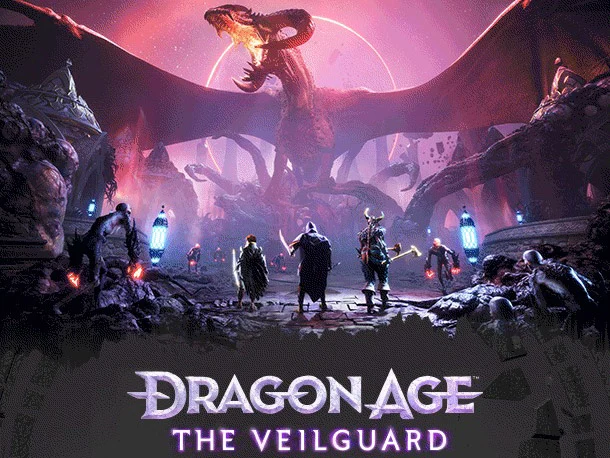Key Takeaways
1. Corporate Changes Impact Development: EA’s attempts to reshape its identity led to significant changes in the Dragon Age project, impacting BioWare’s creative control.
2. Shift to Live-Service Model: The game shifted towards a live-service model, focusing on multiplayer and action instead of the strategic combat and dark storytelling that defined earlier titles.
3. Leadership Resignations: Key leaders from BioWare resigned in protest over the shifting goals, leading to further instability in the game’s development process.
4. Return to Single-Player Format: EA later demanded a return to a single-player format, complicating development as the team struggled to integrate existing multiplayer elements into a cohesive story.
5. Mixed Reception and Sales Forecast Issues: Although Dragon Age: The Veilguard initially debuted well, it failed to satisfy legacy fans, leading EA to drastically lower its sales forecasts and raise concerns about BioWare’s future.
A unique insight into the making of Electronic Arts’ Dragon Age: Veilguard has exposed the reasons behind BioWare’s highly anticipated game faltering so quickly.
The Corporate Shuffle
While it might seem like the usual tale of a large company engulfing a smaller studio that doesn’t mesh with its culture, it was actually EA’s chaotic attempts to reshape its identity that caused the latest Dragon Age title to falter. Known for its widely successful sports game franchises that generate a significant portion of its revenue, EA acquired BioWare for $860 million, aiming to broaden its sports-centric portfolio.
However, in the process, EA altered the Dragon Age concept so drastically that the BioWare team struggled to adapt to the constant changes, leaving them racing against the clock while losing creative control. Instead of sticking to the dark storyline of the semi-open Dragon Age world that had brought EA its first major success with BioWare’s Inquisition, which sold 12 million copies, EA opted to shift towards a live-service game model.
A Shift in Direction
The shift away from the intense atmosphere of earlier Dragon Age games aimed to mimic the financial success of lighter online games like Overwatch, but the BioWare team was skeptical. They believed EA was steering them towards creating “Anthem with dragons,” a nod to another EA project that had failed. While past games in the series featured strategic combat, this new direction would focus solely on action. Instead of quests meant for single experiences, it would be packed with missions for replayability with friends and random players. Important characters were also not allowed to die since they needed to remain for multiple players in the endless gameplay.
In light of this, both the leaders of the BioWare studio and the Dragon Age franchise resigned in protest of the team’s shifting goals, only to be swiftly replaced by EA, who demanded yet another change in direction.
The Return to Single-Player
Now, EA wanted BioWare to revert to the single-player format that had initially brought success to the Dragon Age series. However, the team was challenged with creating a new story based on the multiplayer elements they already had, all while racing to finish the game in a year and a half instead of starting from scratch, which is usually the case with such major changes. EA even enlisted the Mass Effect team to steer development towards completion, pushing aside the Dragon Age leaders during critical decisions about the game’s tone and characters. The Mass Effect heads, for instance, advocated for revamping the dialogue from typical multiplayer chatter to a more serious tone, with mixed results.
Consequently, Dragon Age: The Veilguard ended up missing both the live-service narrative it was originally meant to have and the compelling single-player storyline filled with tough choices that fans had eagerly anticipated from previous games.
Despite this, Dragon Age: The Veilguard debuted strongly on Steam, receiving positive reviews from critics and newer players, making it an instant chart-topper and displacing Call of Duty from the top position. However, legacy Dragon Age fans, while initially excited by EA’s trailer, never truly embraced the game after its release.
In a cautionary turn of events, EA had to revise its sales forecast dramatically, causing its stock to plummet and leaving the future of the BioWare team within Electronic Arts uncertain.
Source:
Link



